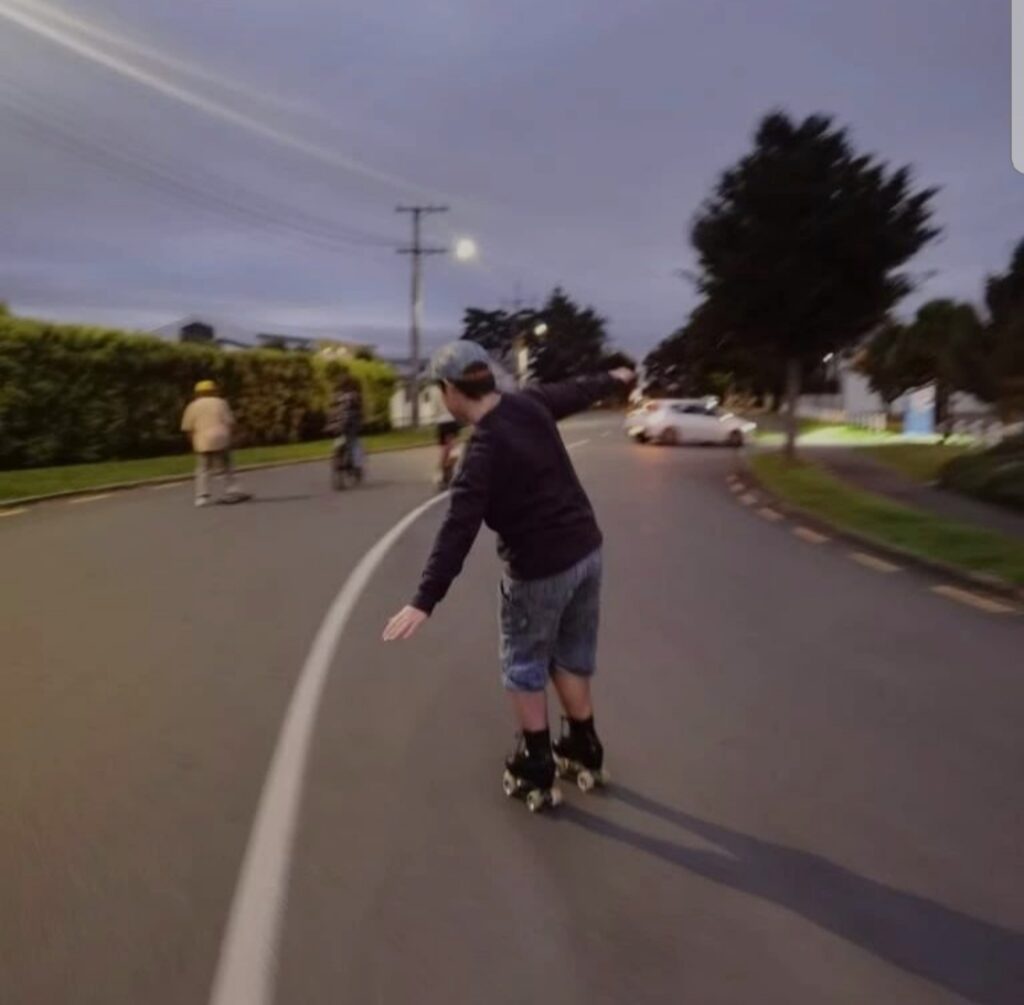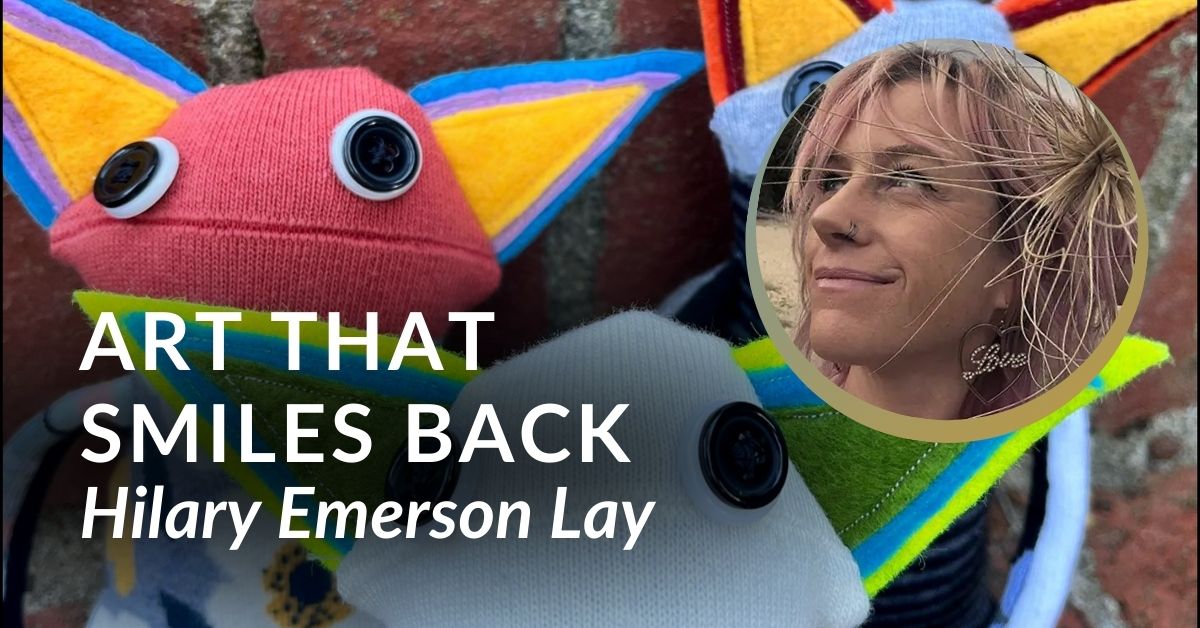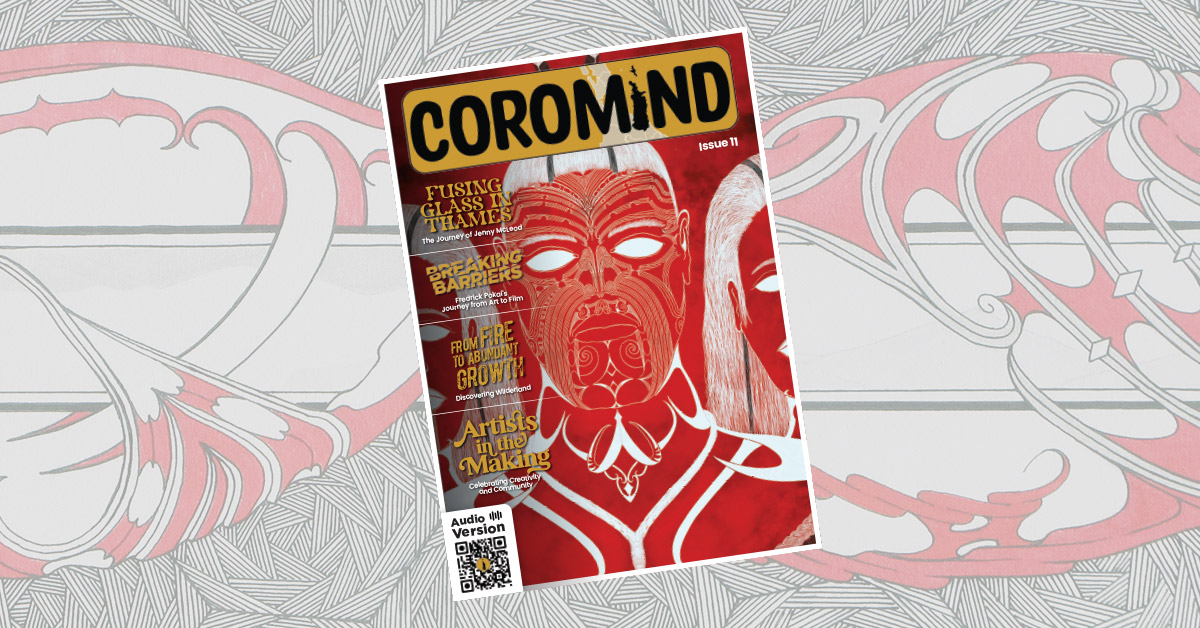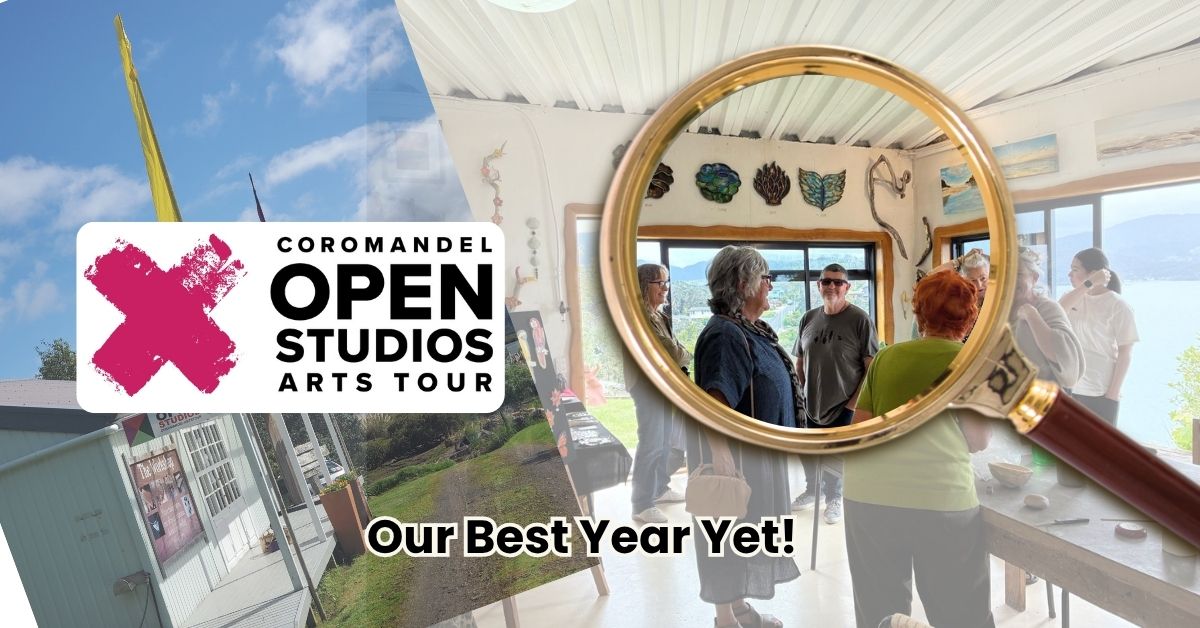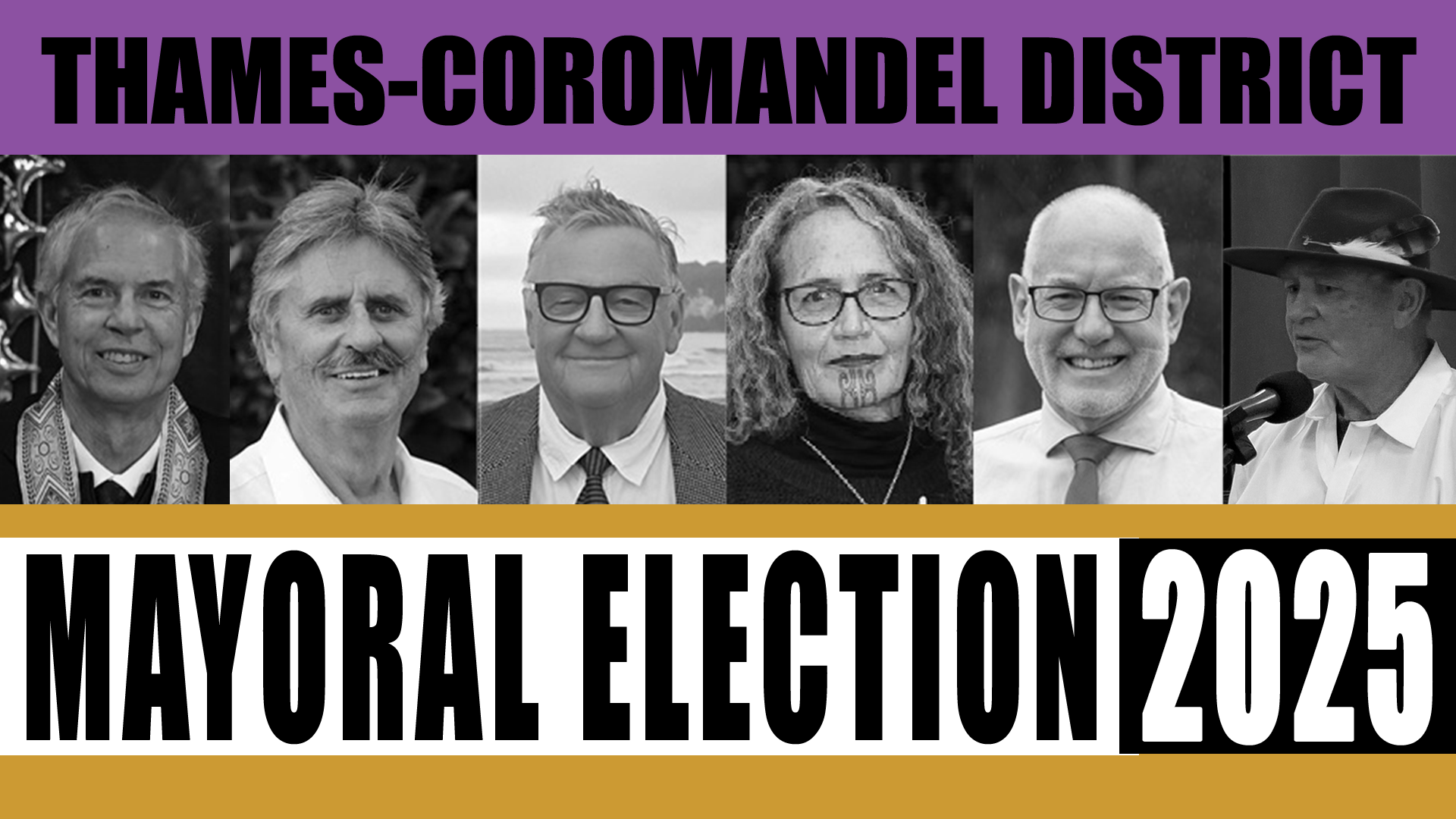Sage Garrett’s story of identity and resilience
With his Smokefree Rockquest winning band, the free breakfast initiative he kickstarted at his school, and his first place essay in a recent writing competition, 17-year-old Sage Garrett’s gender identity is the least interesting thing about him.
Sage is a transgender man who transitioned fairly early in his life. He began a social transition five years ago and started on
testosterone four days after his 16th birthday, so his gender identity isn’t something that’s always on his mind, he said.
However, his relaxed attitude towards his gender doesn’t stop others from having a very opposite reaction.
“There definitely is a lot of social stigma. I’ve found that in cis spaces, whether trans people are valid or not is treated almost as
small talk.”
Sage described a sort of spectrum of transphobia that he’s experienced. On one end, he said, is simple ignorance. One misconception that has been in the media frequently in the fast few years is that transgenderism means children undergoing irreversible surgery.
“There is nothing in the early stages of transition that isn’t reversible,” Sage said. “I’m not saying go at it willy-nilly, but like there’s a lot that you can do, and you should be able to express yourself in any way that you want to. Gender is just one component of that.”
Aotearoa New Zealand’s gender affirming healthcare laws meant that Sage was only allowed to start taking testosterone at 16. He started on puberty blockers when he was 13, which is believed to be a reversible treatment that blocks the effects of puberty.
Injecting testosterone is a part of hormone replacement therapy, and can lower the voice, encourage facial hair growth, and increase muscle. Sage can only get gender affirming surgery after he turns 18.
“Typically, I would just say that I’m a guy,” he told me. “It (being transgender) just doesn’t really come up now.”
Another misconception is that biological sex and gender are the same.
According to “Sex and gender: what is the difference?” in the Journal of Applied Physiology, sex and gender should not be used interchangeably. The report states that “it is appropriate to use the term sex when referring to the biology of human and animal subjects, and the term gender is reserved for reference to the self-identity and/or social representation of an individual”.
So why is the world seemingly having such a hard time understanding this? A lot of it is a lack of education, but as Sage explained, there is the other end of the spectrum of transphobia as well: hatred and the deliberate spreading of misinformation.
“You go from ignorance to very violent transphobia, such as wanting to take away healthcare which as we know leads to high
suicide rates.”
He said that this kind of hatred creates verbal, physical and sexual violence for trans teens and kids.

Sage was at the Posie Parker protest in Auckland, and while it was heartening for him to see the thousands of supporters fighting for trans rights, he said the aftermath of Posie’s impact was horrendous.
“It (transphobia) is just everywhere”, he said. He mentioned the hate he’d seen online, and the voices of online trolls overpowering those of trans people sharing their experience.
Sage said that because he passes so well, he feels he is a lot safer in cisgender spaces than other trans people, but the flip side
of this is that he can’t be open about who he is. He also doesn’t always feel confident speaking up for himself if he hears people
being transphobic.
“A lot of the time it’s not even just like, ‘I don’t wanna deal with this stigma right now’; it’s more that I could actually be in
physical danger depending on the people and the situation.”
However, despite the challenges, Sage is proud of his identity, and is thriving as a student and a musician.
“I love my trans community and trans friends,” he said.
He’s planning to attend Victoria University to study political science after he finishes high school, and he’s taking regular paid
gigs with his band Smoked Paprika.
Sage said that being trans is just another aspect of his identity.
“The only way that I think transition should matter in an ideal world is through community, healthcare, and culture. In an
ideal world, it shouldn’t be something unless you want it to – that’s a core part of your daily experience, because it’s kind of
just another way of getting to where you’re at in your identity.”
Note: Coromind allows people in our community to tell their stories. For more information on Whatu Ora/Ministry of Health guidelines for puberty blockers access: www.tewhatuora.govt.nz/keeping-well/
transgender-new-zealanders
